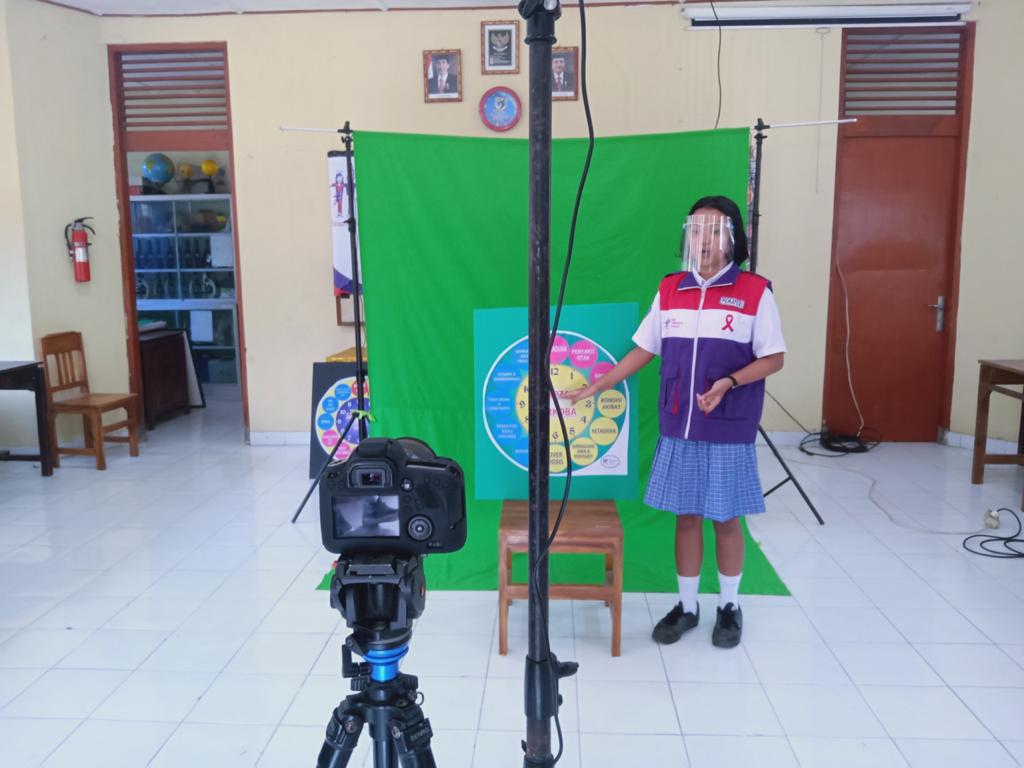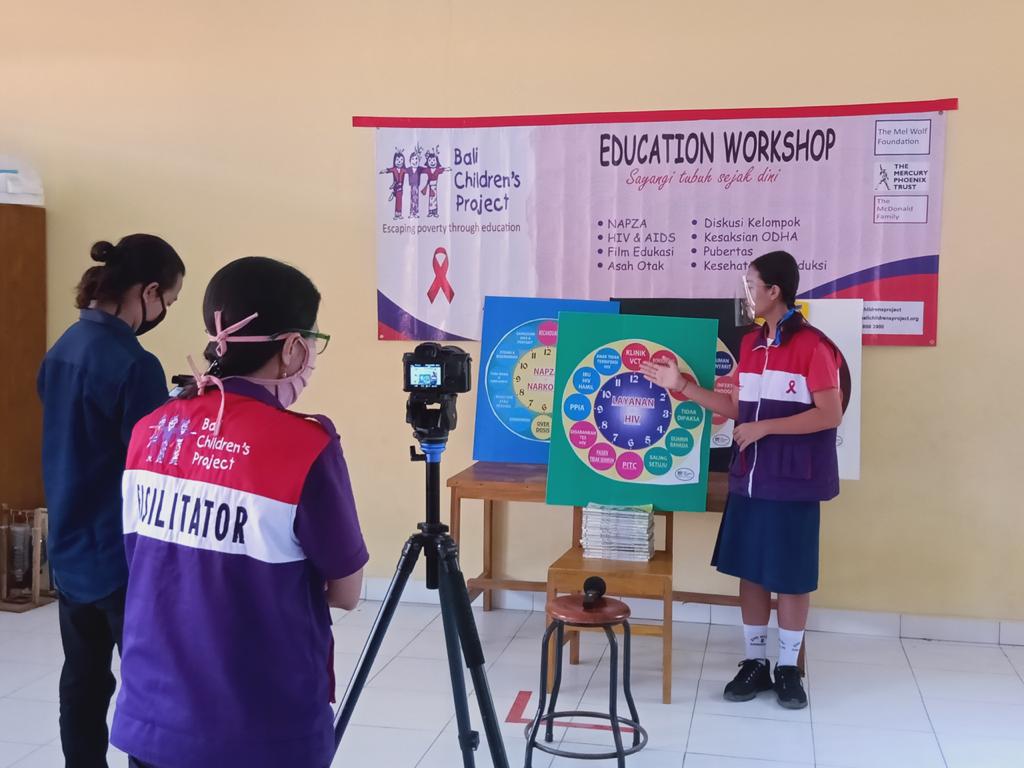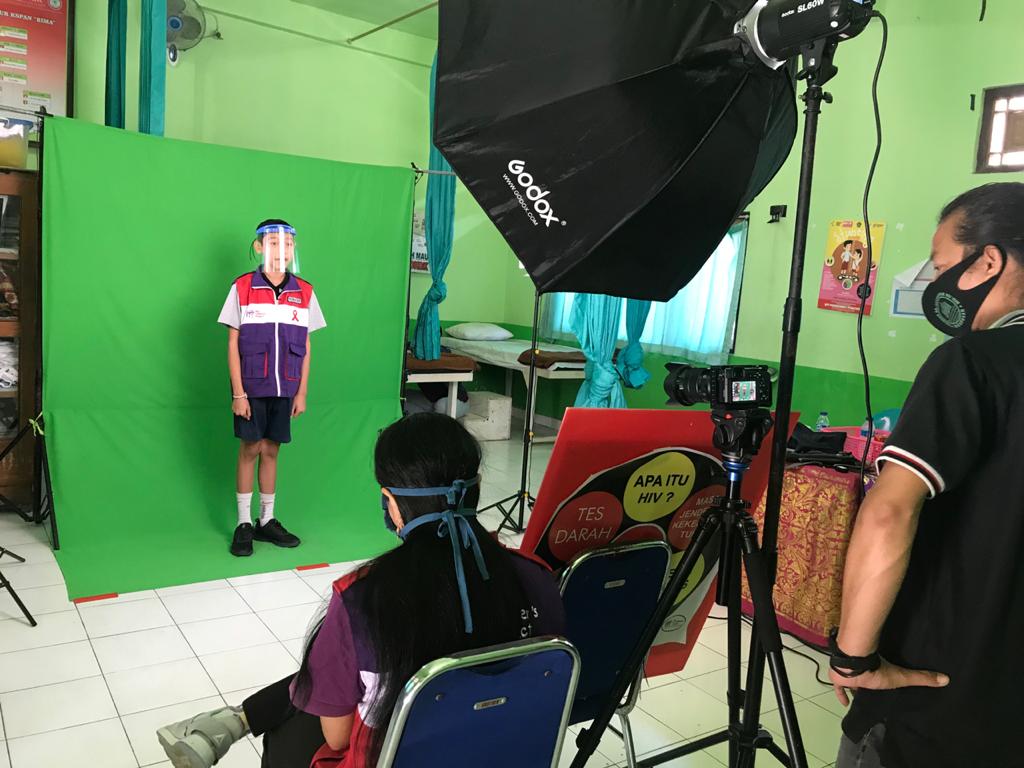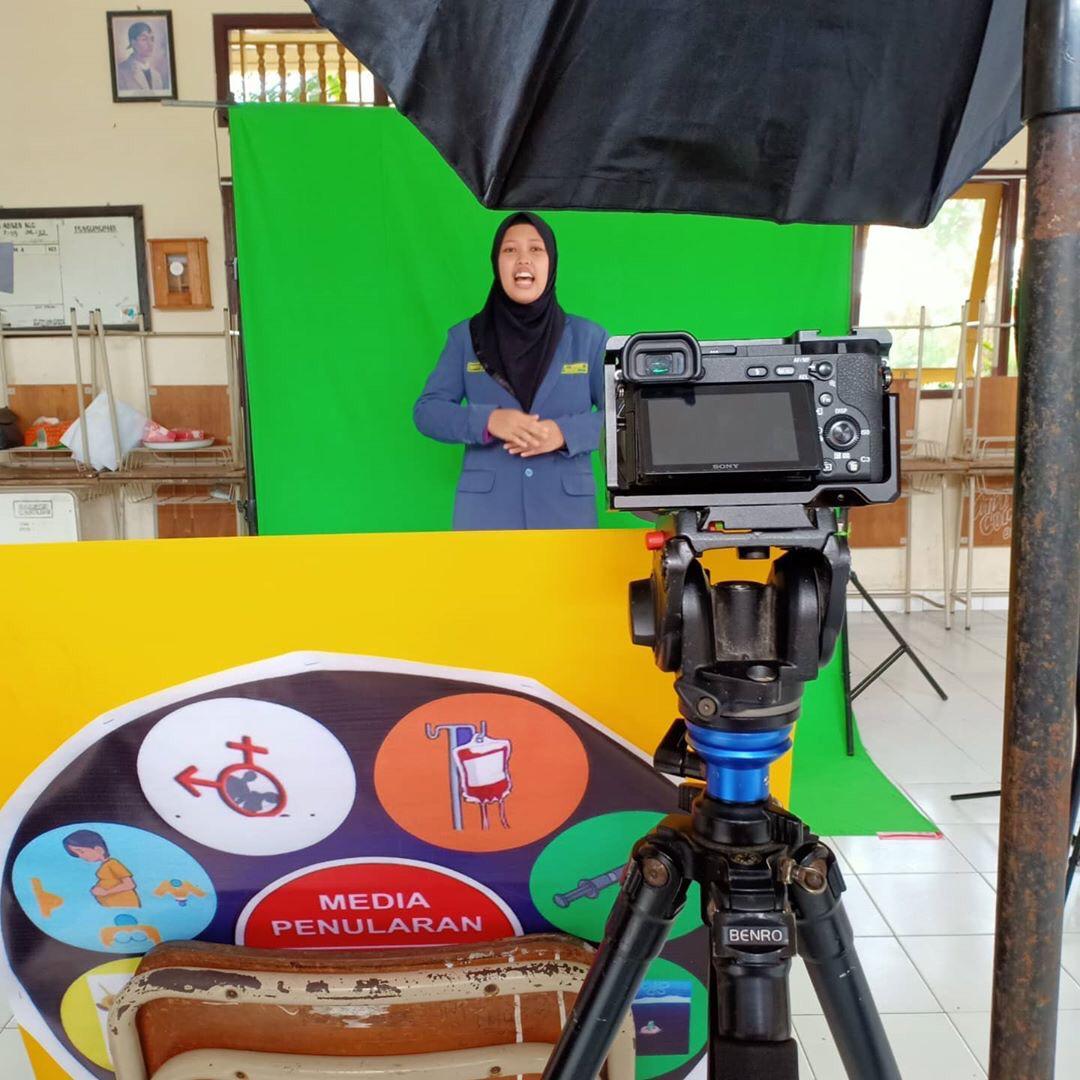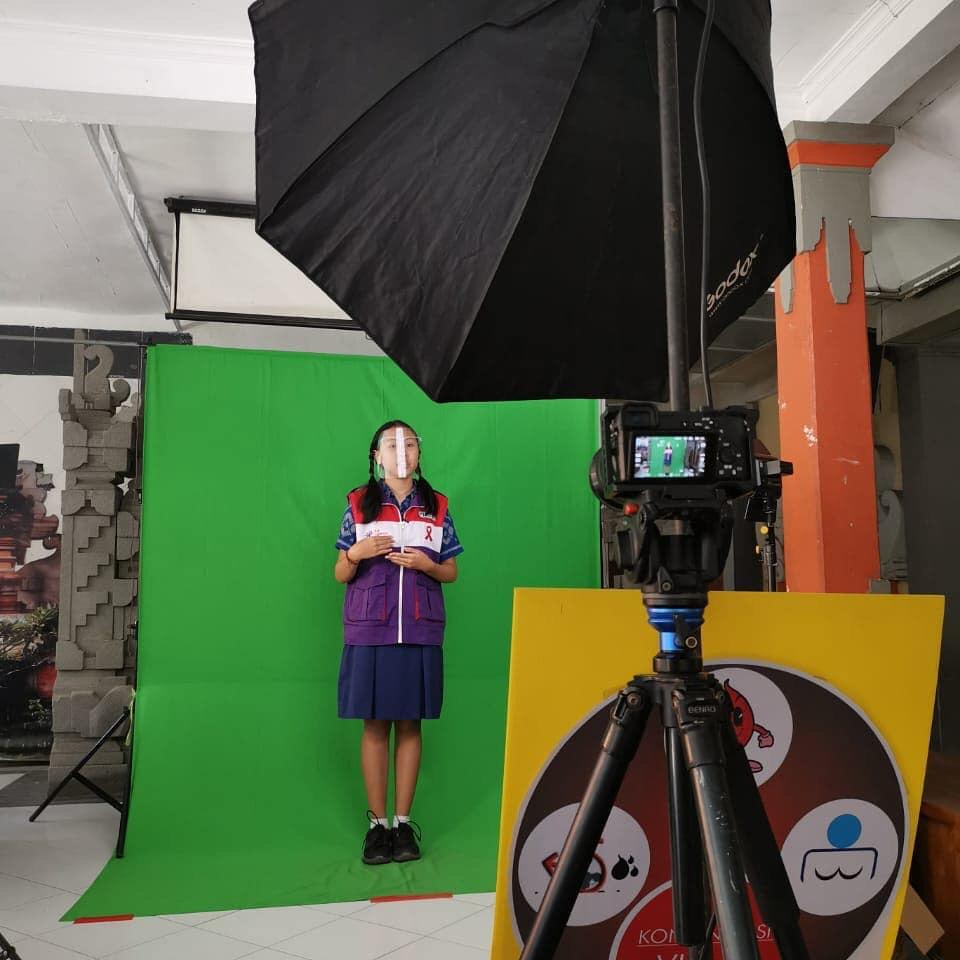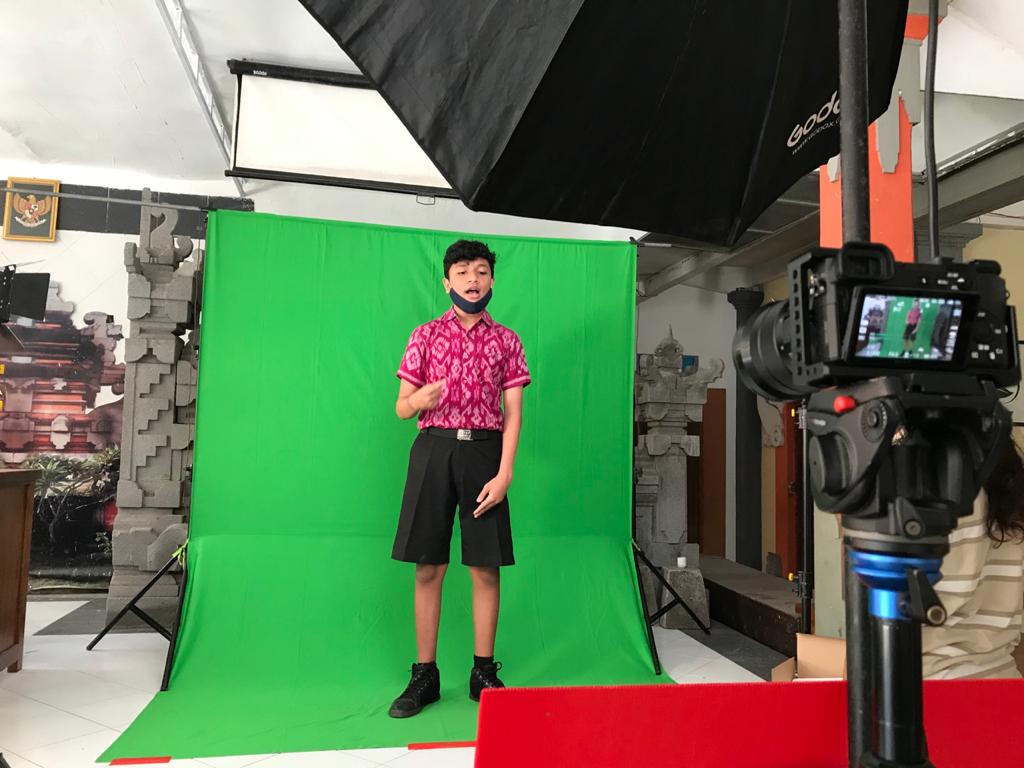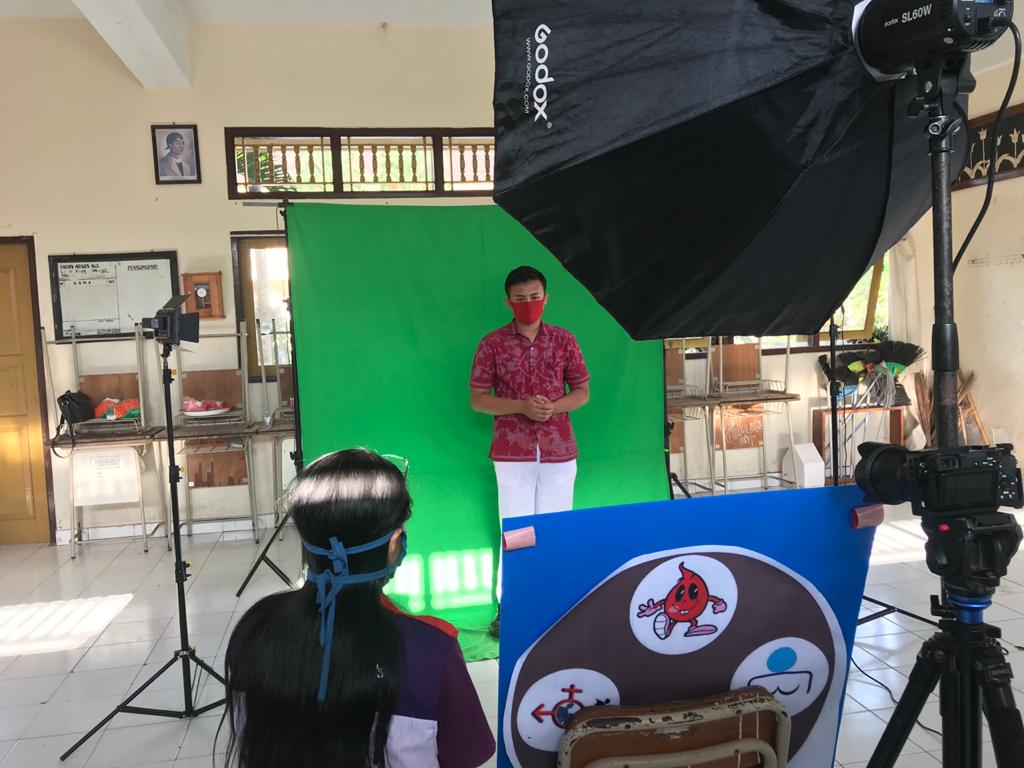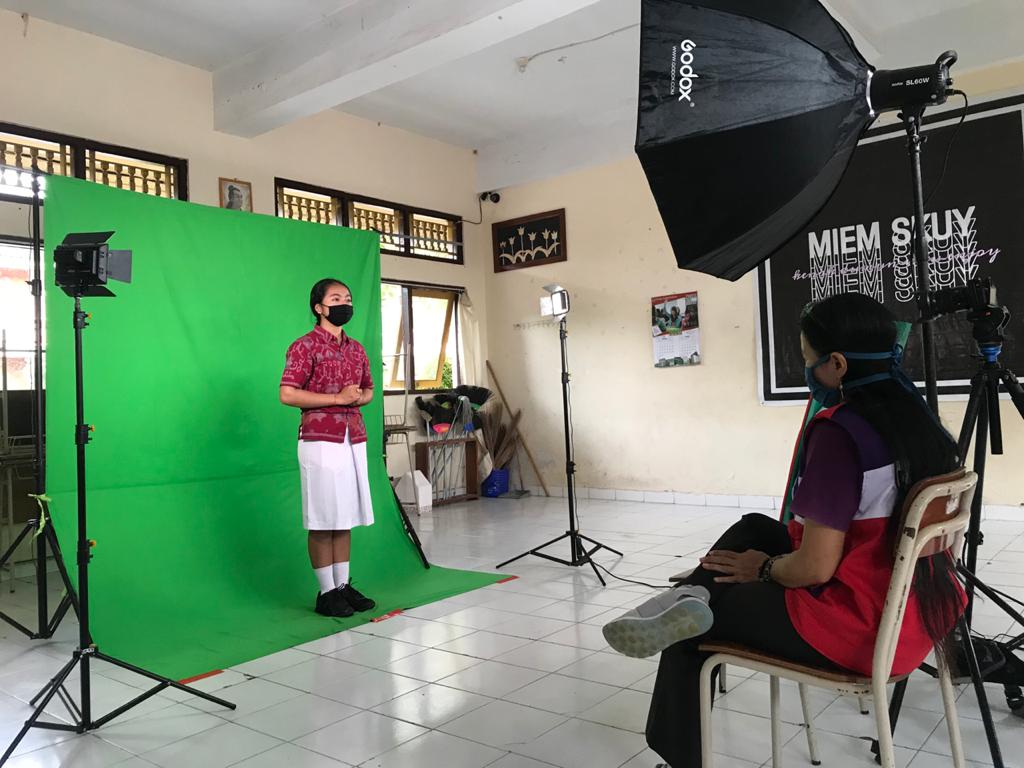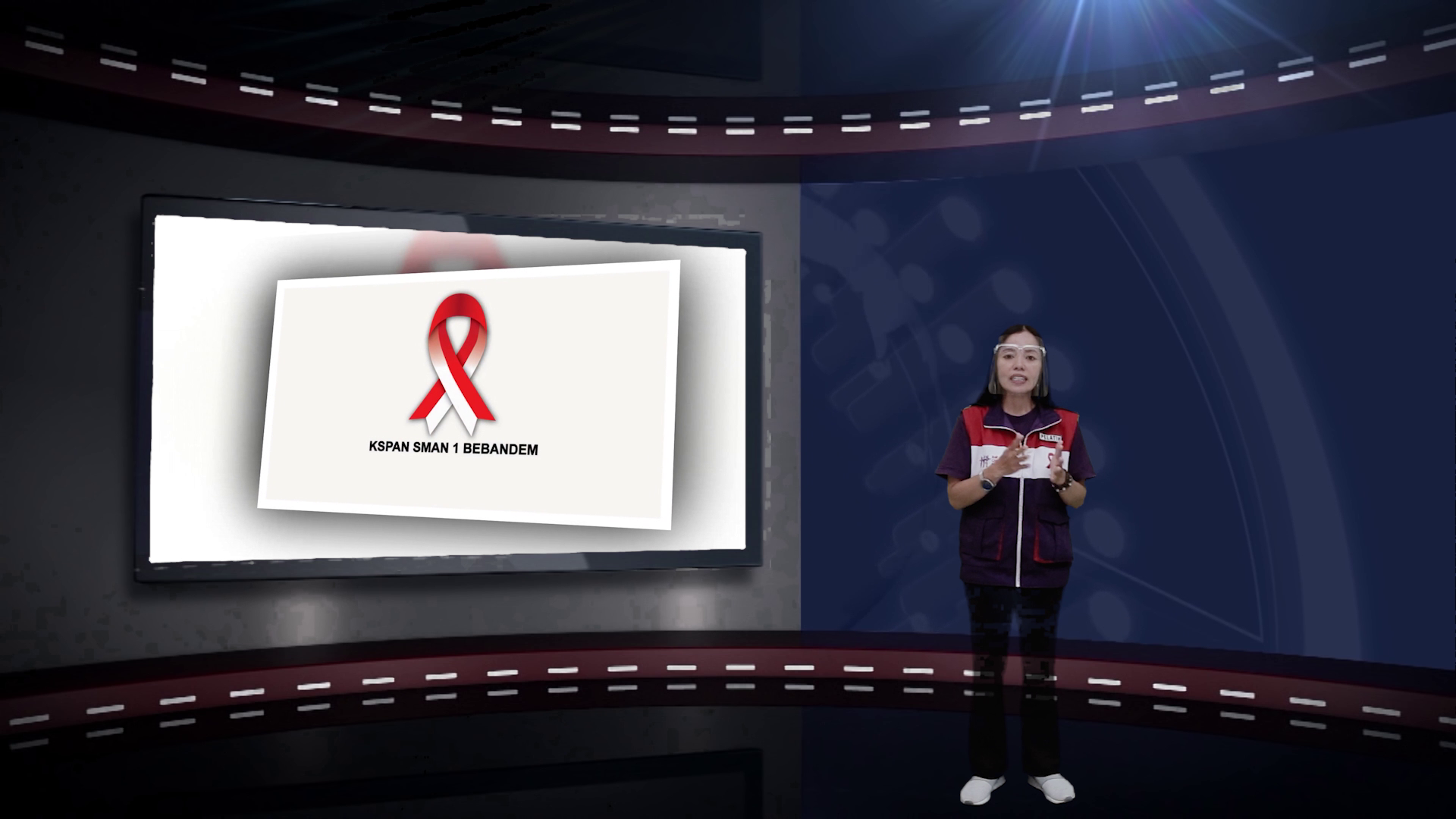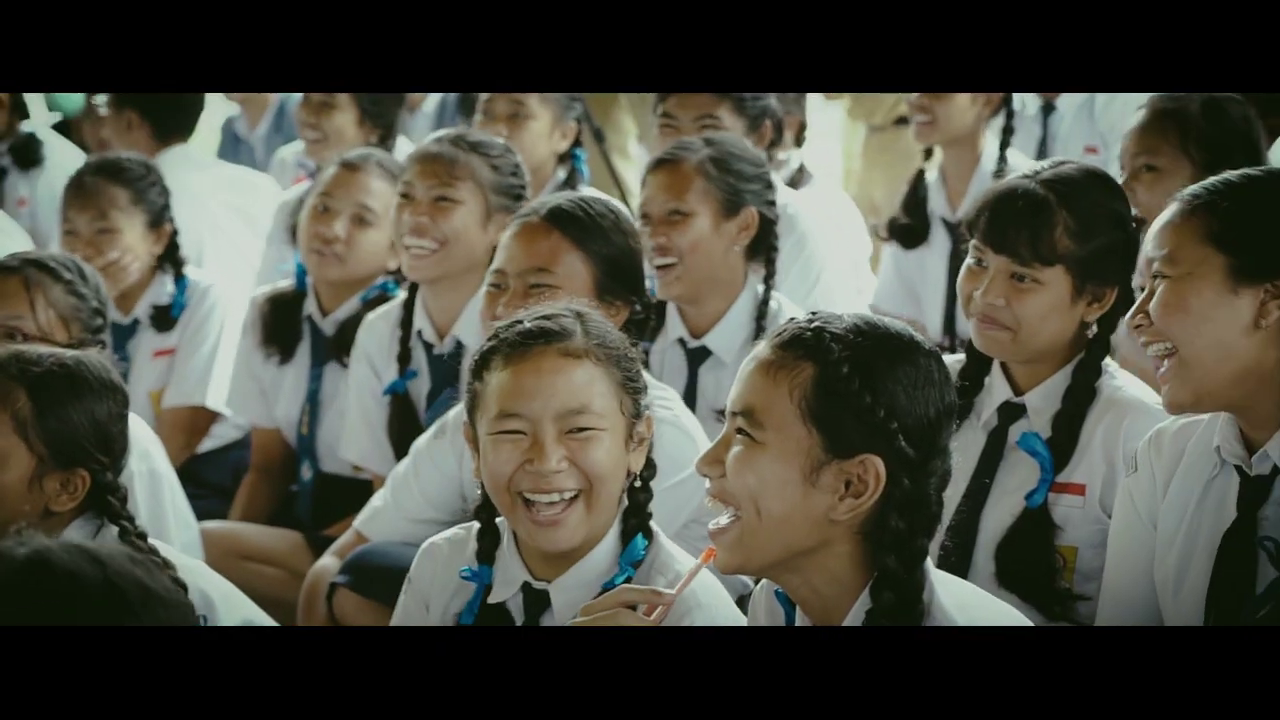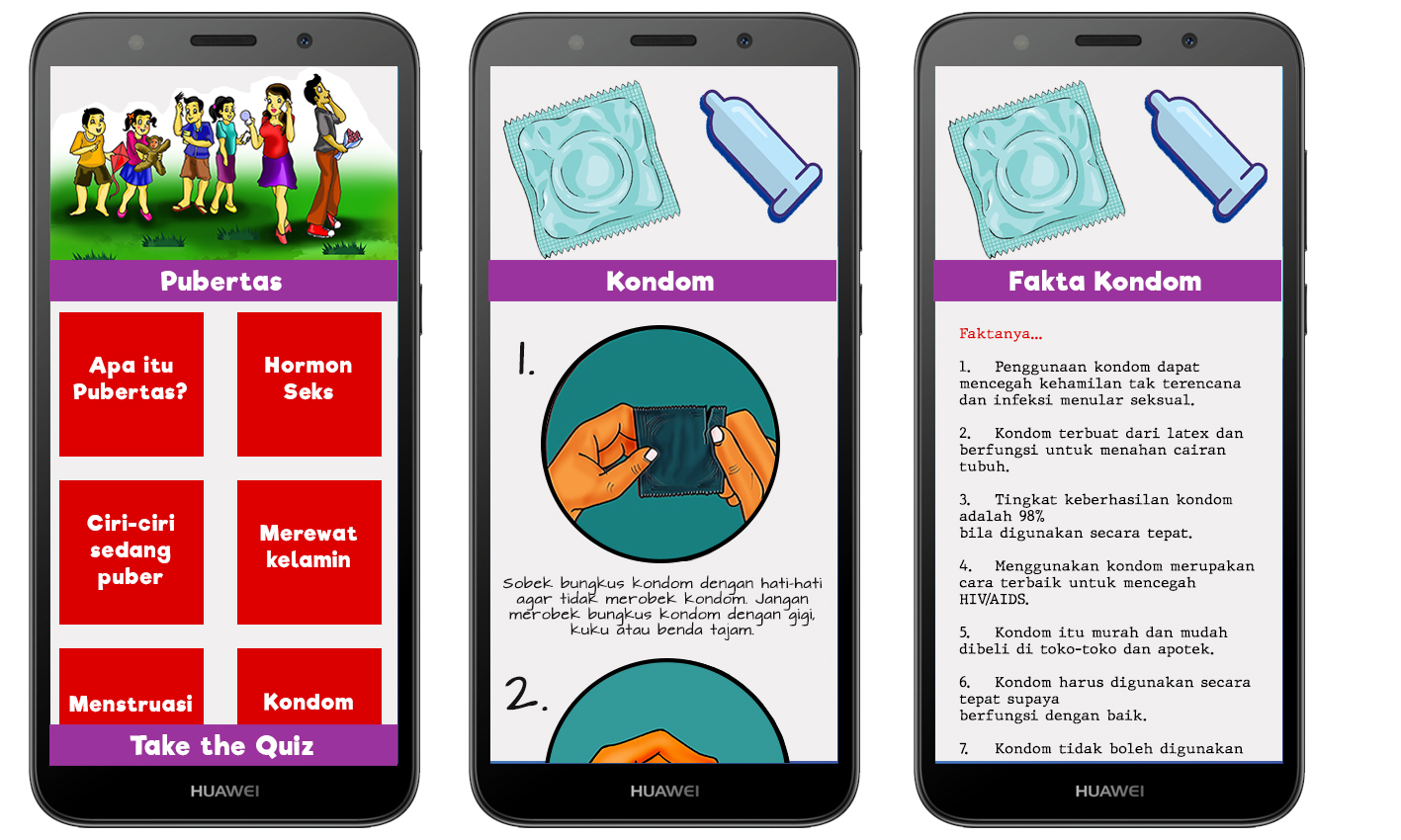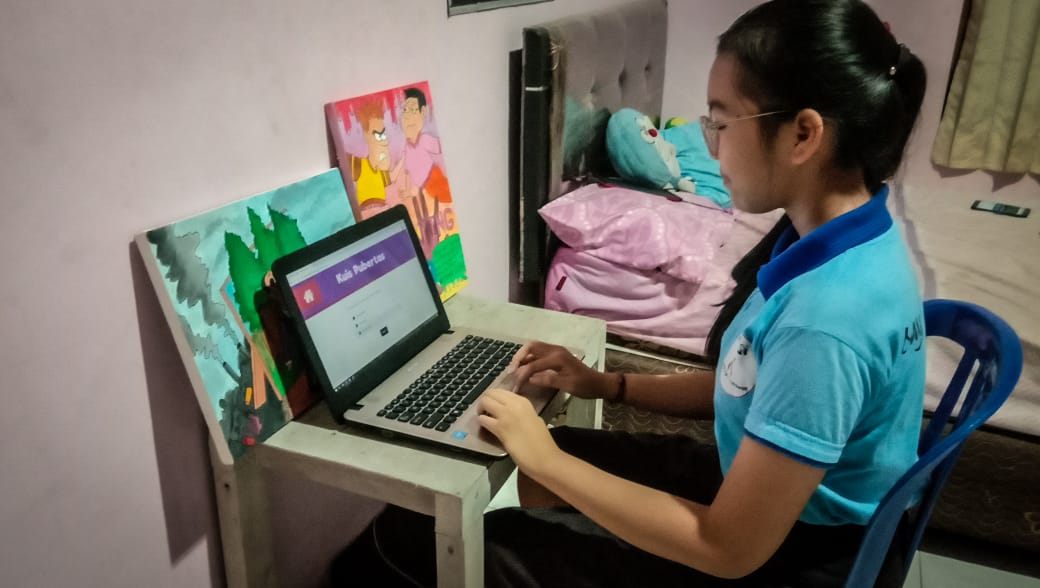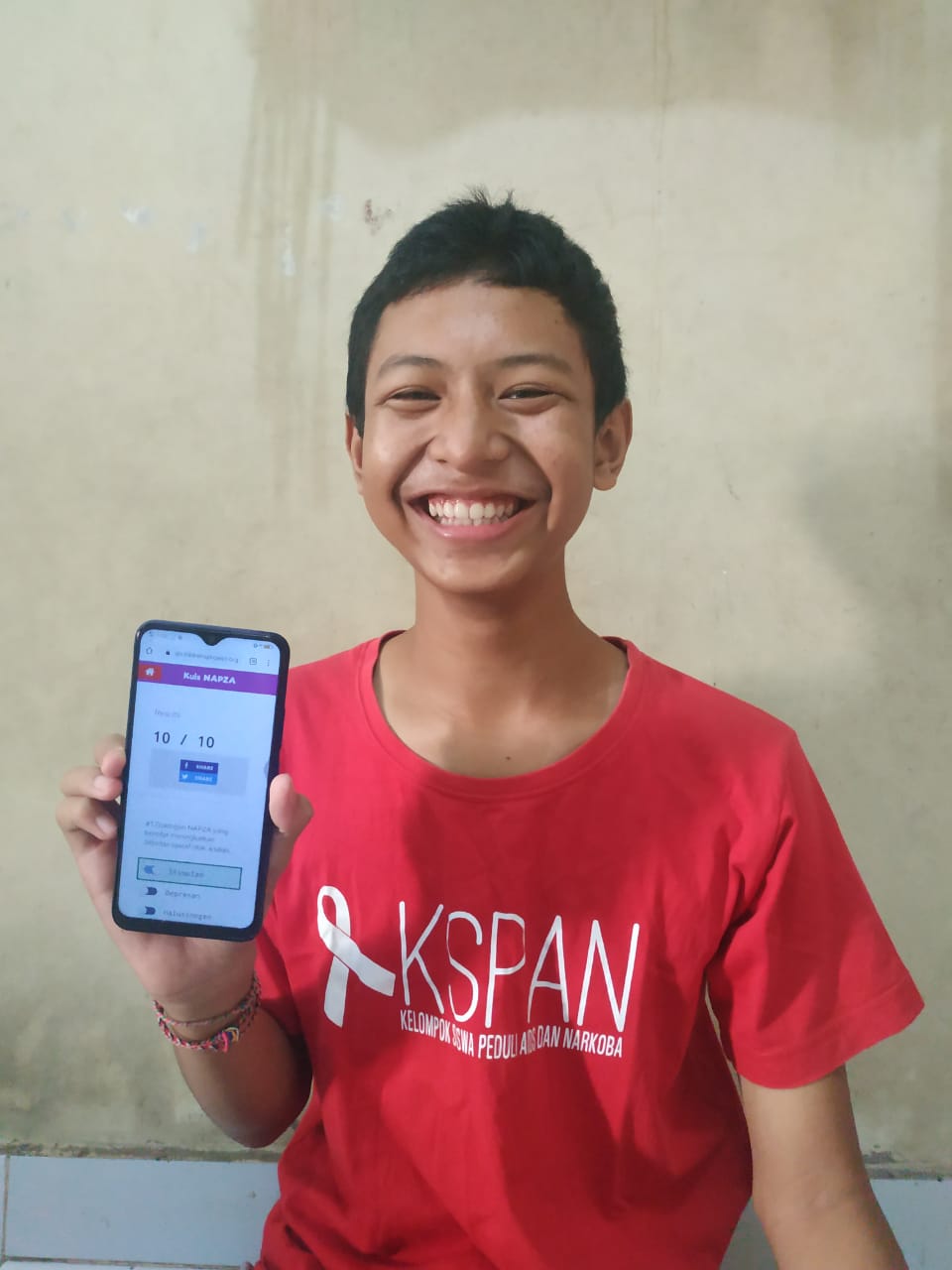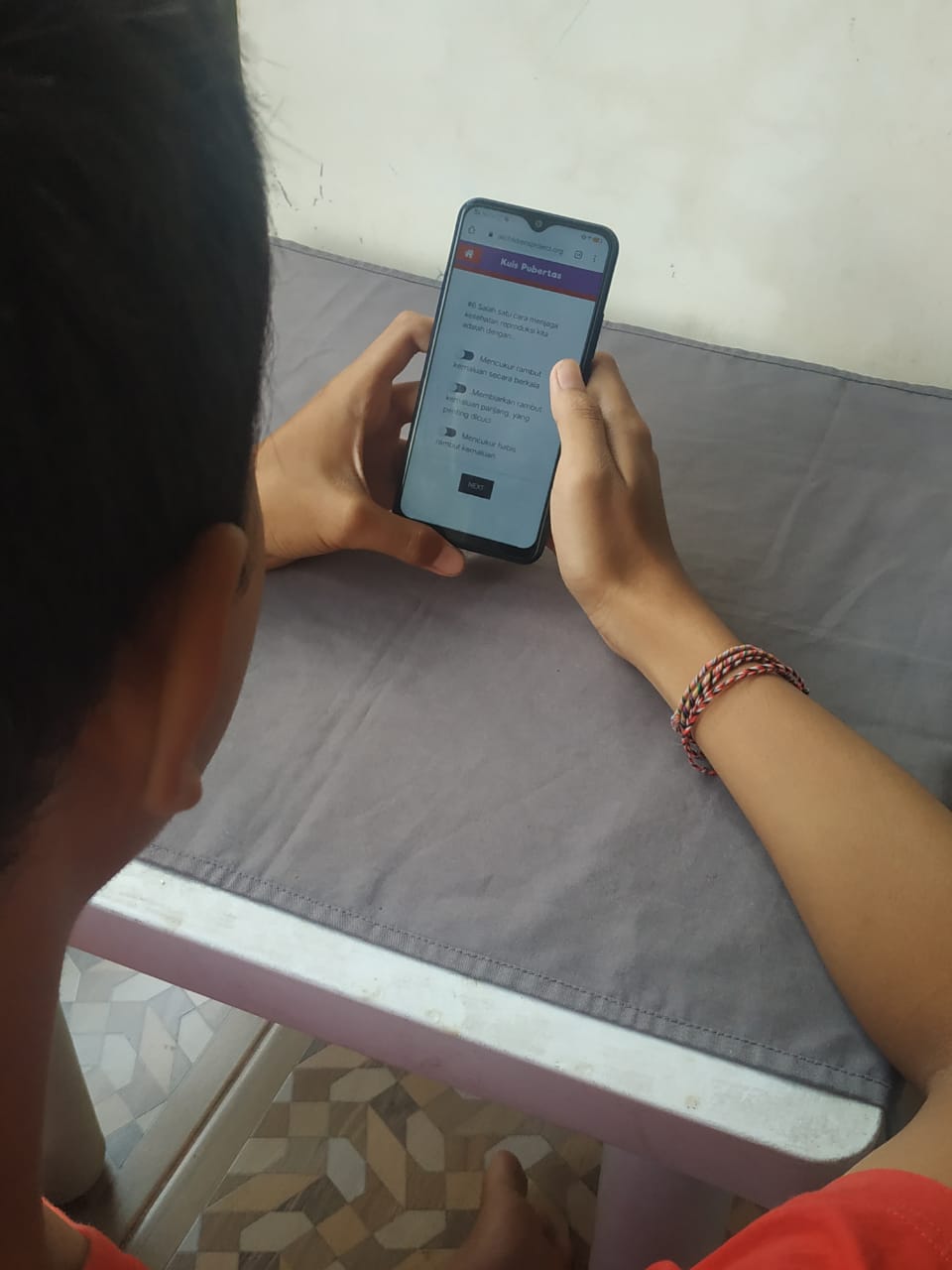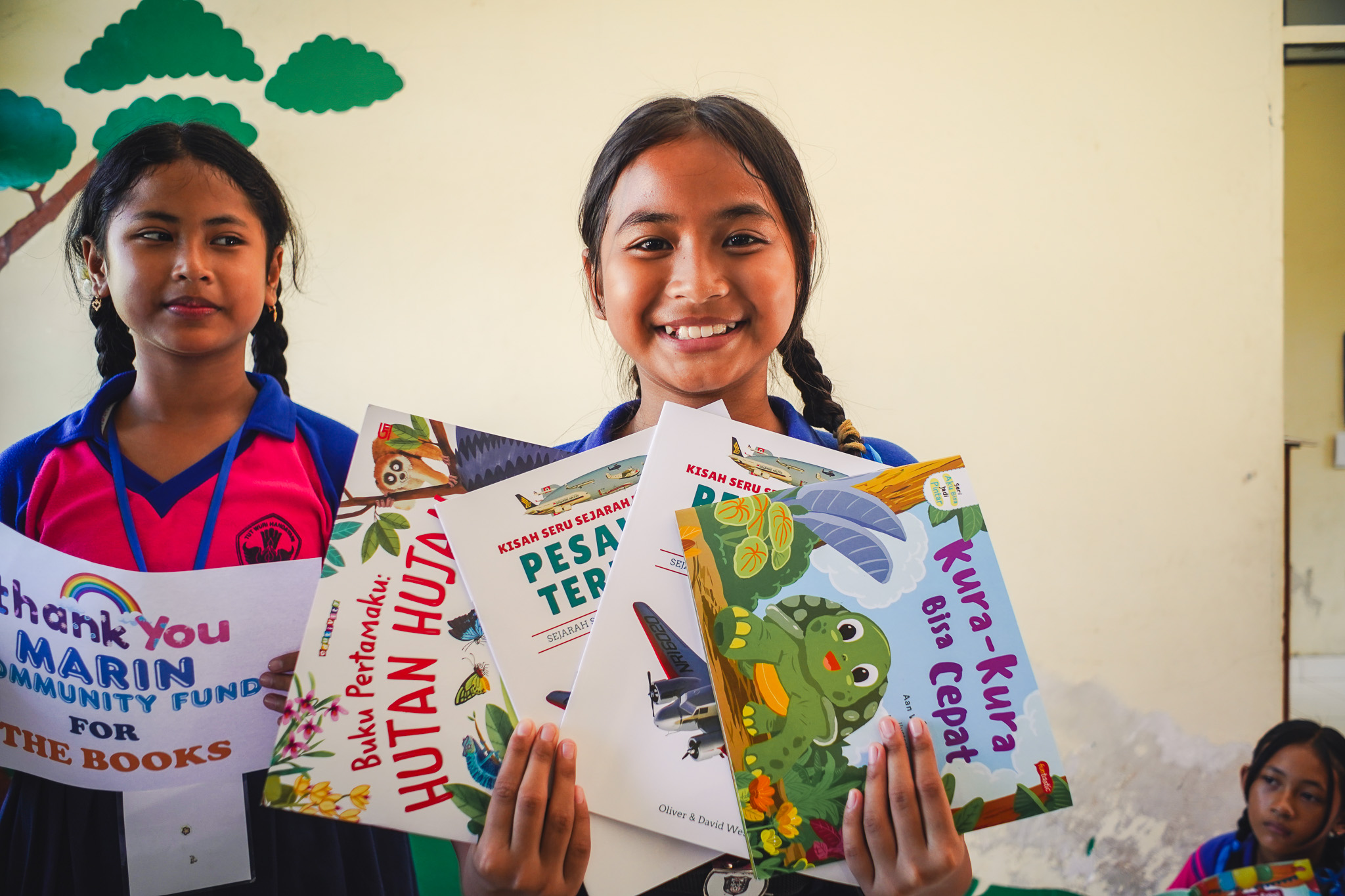Bali Children’s Project is bringing health education workshops to students through innovative new ‘online workshops’ filmed at high schools in Bali.
In Bali, Coronavirus has changed the way schools operate. Either opening with limited capacity, online learning or pick up/collection based homework, school has changed. It depends on the area, but most schools are operating under a new normal in this way.
It’s meant that Bali Children’s Project’s landmark workshops were unable to be delivered in schools. Usually reaching around 60 students per session, the workshops aimed at providing education on health, puberty, sex and drugs – all of which are limited in the Indonesian curriculum, but welcomed by schools.
Without being able to deliver a physical presence, the Bali Children’s Project team has risen to the challenge.
Bali’s Health Crisis
While COVID-19 dominates the news, Bali has been suffering from a HIV and AIDS crisis for years.
Alongside a lack of understanding, HIV and AIDS has been on the rise; between 2013 and 2018, cases over-doubled from 12,145 to 27,225.
Bali Children’s Project has seen the effects first hand – with students orphaned as a result or living with HIV themselves.
HIV is 100% preventable and that is why Bali Children’s Project are focusing on providing preventative education so students understand sexual health.
Online Workshops
“We work with high school student health groups to film their own online workshops” said Opy Sulaeman, Sex Education Manager at Bali Children’s Project.
“Instead of teaching in front of classes, we are working with the student health groups to film their own workshops, which then go online.”
Opy and the team made the changes in response to the limited student numbers allowed in schools.
“We are filming the workshops with a professional videographer and uploading the videos to YouTube. Schools can then use it as a new resource for online learning.”
Once videos are published, school teachers are encouraged to play the video to the rest of their school, either through online classes or part of homework.
Age of Smartphones
With almost every student able to access a smartphone, a whole new world of learning is opened up.
The online workshops are bolstered by a dedicated Mobile Web Application and a focus on helping schools create their own online educational accounts, such as Instagram.
It’s all part of giving schools the tools to be able to run their own sustainable health awareness programs. It gives schools ownership of their own education, as well as resources that can be used long into the future.
To find out more about the program, visit here, or get in touch if you’d like to support this program in 2021 and beyond.

